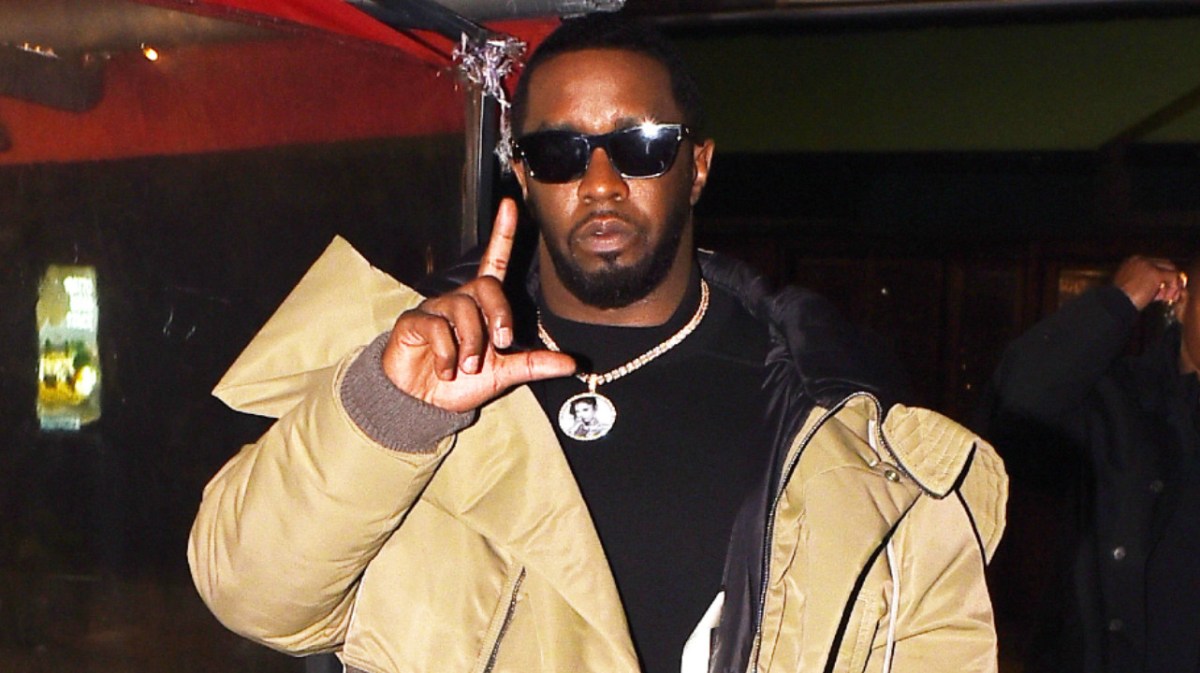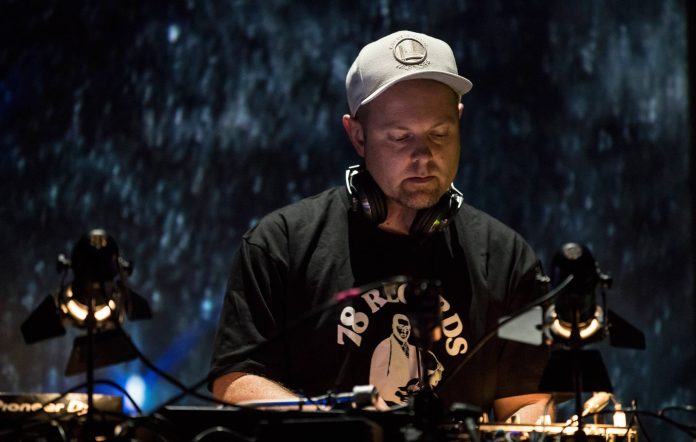
Diddy has finally received an offer on the Los Angeles mansion that he’s been struggling to sell – but it’s less than half of what he’s asking for.
TMZ confirmed on Wednesday (November 20) that Belwood Investments has officially put their bid in at $30 million, far less than the $61 million asking price.
The embattled mogul purchased the property for just under $40 million back in 2014 and has been struggling to find any interest in the property since listing it in September amid his mounting legal woes.
Belwood owner Bo Belmont says he wants to remove the stigma from the home, which potential buyers have described as “creepy.”
Belwood Investments is the same company that purchased Kanye West’s gutted Malibu property in August for $21 million, which made for a nearly $40 million loss for Ye.
Diddy’s 13,000-square foot property is located in the swanky “Platinum Triangle” of Los Angeles which encompasses the adjacent neighborhoods of Beverly Hills, Holmby Hills and Bel-Air.
According to a property description, the fully remodeled home boasts “a luxurious paneled entry foyer with a sweeping staircase bathed in natural light, along with a large living room, formal dining room, wine cellar, office, and a gourmet kitchen with a family room and separate catering kitchen.”
Any buyer will also enjoy “a state-of-the-art theater that seats 35 guests,” as well as “a two-story guest house [with] a large gym, recording studio and additional guest bedrooms.”
The 1.3-acre estate also features an expansive garden that includes “a resort-like swimming pool with a waterfall and grotto, a basketball court, spa house, and an outdoor loggia equipped with a BBQ, bar and pizza oven.”
Prior to listing the home, Diddy called fellow celebrities like Kylie Jenner, Jimmy Iovine and Napster founder Sean Parker as neighbors, while the infamous Playboy Mansion sits not too far away.
After the property was raided by law enforcement earlier this year, video footage showed it left in a trashed state with drawers pulled open, documents lying everywhere, safes broken into and computers torn apart.
A close up of one computer revealed that the hard drives had been removed.
Diddy’s home in Miami was also raided by authorities as part of their investigation.

DJ Shadow has shared his thoughts on the current touring crisis, saying the industry is close to “extinction”.
Writing on Facebook on Wednesday (November 20), DJ Shadow reflected on his recent tour, saying it was “decidedly different from prior runs, in both positive and negative ways.”
“I found myself constantly weighing the changes, not only as they affect me, but other musicians and the touring industry as a whole,” he added, highlighting an increase in costs associated with touring. “It’s also WAY more expensive to get from point A to point B. I joke about it with my crew sometimes, but it’s true: almost all of my money goes to the travel sector.
“And yet, I’m also aware that many of the venues I played this year are struggling financially. I don’t think it’s an over exaggeration to say that the touring industry as we know it is one more global crisis away from extinction.”
He went on to highlight the physical impact of touring, saying: “At my age, touring ain’t as easy as it used to be. There’s aches and pains that didn’t used to be there, and it takes a total commitment to conserve energy for the show; not always easy when sleep or nourishment become disrupted.”
He concluded, writing: “So where does that leave us? Well, for myself, I can only control my own thoughts and actions. I still love touring, still love making music. After the Australia and Japan dates next February, it’ll be time to build something new, and when I’m ready to head back out, I hope the promoters, venues, and fans will still be there.
“Until then, I’ll continue to appreciate every opportunity as it comes… and maybe check out a show or two to remind myself what a precious and powerful thing live entertainment can be.”
Shadow’s comments point to a wider crisis facing the touring industry. For venues, 2023 proved to be “disastrous” and the worst year on record with 125 grassroots music venues shutting their doors. This is despite recent findings that the music industry contributed a record £7.6billion to the country’s economy the same year.
Music Venue Trust (MVT) has also suggested we’re facing a potential “complete collapse of touring” as a result of the recent budget announcement that introduces £7million in new premises taxes. MVT says that this will place 350 grassroots music venues at immediate risk of closure – threatening more than 12,000 jobs, over £250million in economic activity and the loss of over 75,000 live music events.
In hopes of securing a future for live music, the government recently backed a levy on gigs at arena level that will see the UK’s smaller venues and rising artists receive a contribution from bigger gigs.
The model, similar to the one seen in the Premiere League of football and already in use in several countries across Europe, was recommended by MPs after a DCMS investigation back in Spring.
Major artists like Coldplay, Enter Shikari, Sam Fender and most recently Katy Perry have all adopted a levy on their upcoming UK tours, and now there are increased calls for a clear deadline for the industry to take urgent action.

The closures of venues create a larger issue in the industry, impacting touring artists trying to reach new audiences and gig-goers seeking new music.
Earlier this year, David Martin of the FAC – a trade union body representing the needs of musicians and artists in the UK, wrote to NME to highlight this, saying that even if venues remain open, many artists can no longer afford to play them.
“Even those playing to relatively modest audiences have to bear substantial costs to tour the UK – from transportation, accommodation and rehearsals to paying the salaries of musicians, crew, production, agents and managers,” he said. “That’s on top of recording, and the increasing demands of promotion – all activities which create the demand for shows in the first place.”
This was echoed by English Teacher‘s Lily Fontaine earlier this year, when she spoke at a Parliamentary session, and explained how artists are facing “a crisis in terms of funding” and being able to support themselves.
“There is a lack of funding for musicians to create music,” said Fontaine. Giving a long list of outgoing expenses faced by artists, Fontaine mentioned studio time, rehearsal space, tour managers, engineers, van hire, musicians, non-artist fees, driver fees, accommodation, travel, carnets, visas, insurance, equipment, food, drink and photography to name a few.
Elsewhere, at the start of this year, artists reflected on the challenges they faced in 2023 and their hopes for 2024. This included hopes for a streaming royalties reform, the application of AI in music, the 100 Per Cent Venues campaign to end punitive commissions on merchandise sales, and the #LetTheMusicMove campaign to encourage friction-free international touring.